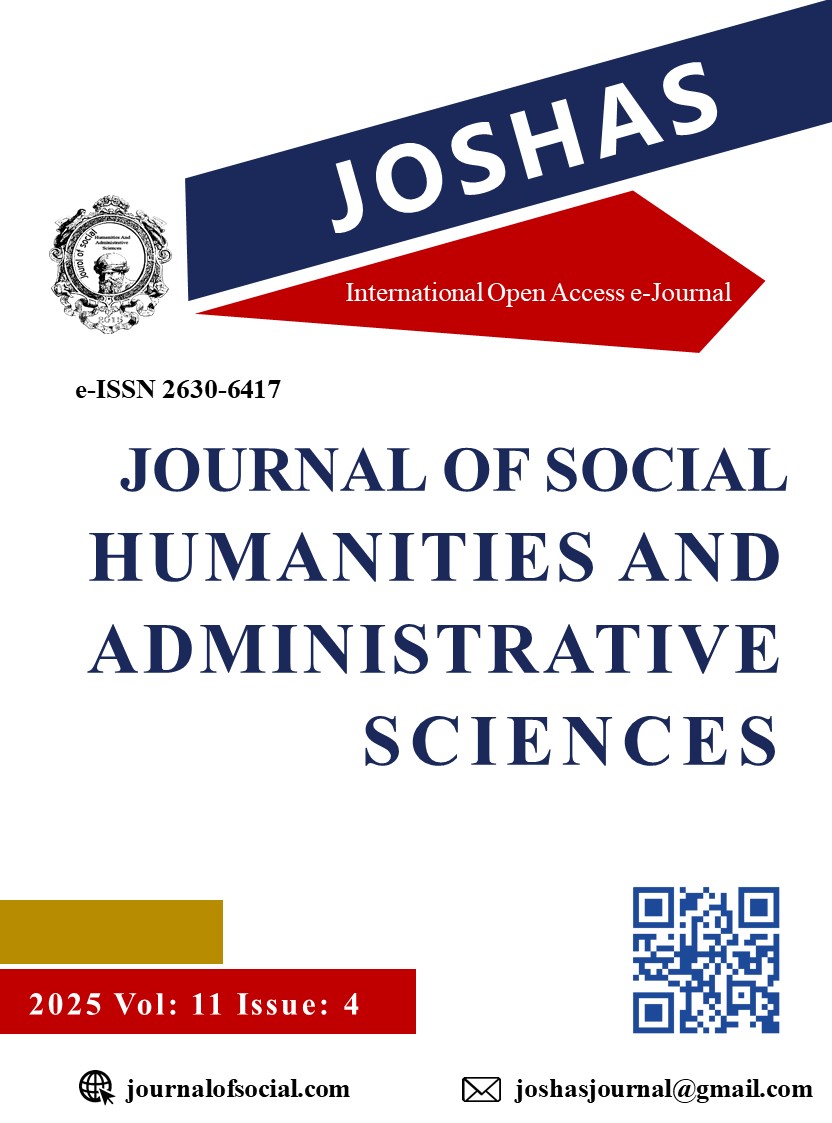Author :
Abstract
AraşAraştırmanın amacı, Turizm Fakültesi’nde lisans düzeyinde öğrenim gören öğrencilerin çevresel bilinç düzeylerinin sosyodemografik değişkenlere göre incelenmesidir. Araştırmada nicel araştırma yaklaşımı benimsenmiş olup birincil verilere ulaşmada anket tekniği kullanılmıştır. Araştırmada kullanılan çevresel bilinç düzeyi ölçeği ile katılımcıların; doğal kaynakları tasarruflu kullanıp kullanmadığı, hava, su, toprak ve genel olarak çevrenin temizliğine verdikleri önem, ekolojik denge ve doğal çevrenin geleceği gibi konulardaki düşünceleri öğrenilmek istenilmiştir. Anket formu katılımcılara, çevrim içi platformda anket uygulamalarına yönelik özel olarak hazırlanmış bir web sitesi aracılığıyla uygulanmıştır. Çalışmaya katılmayı kabul eden 184 öğrencinin 20 tanesi anket formunu eksik ya da hatalı doldurmuş, toplamda 164 adet kullanılabilir anket formu elde edilmiştir. Elde edilen veriler, bilgisayar ortamına aktarılmış ve verilerin analiz edilebilmesi için sosyal bilimler araştırmalarında kullanılan uygun bir istatistiksel analiz programından yararlanılmıştır. Verilerin analizinde tanımlayıcı istatistiksel bilgilere ilişkin frekans dağılım tablosuna ve hipotezlerin test edilebilmesi için farklılığın ölçülmesinde kullanılan bağımsız örneklem (t) ve tek yönlü varyans (F) analizi tablolarına yer verilmiştir. Araştırma sonuçlarına göre, Turizm Fakültesi’nde öğrenim gören lisans öğrencilerinin çevresel bilinç düzeyleri, cinsiyet, medeni durum, yaş, annelerinin eğitim durumu, yaşamlarının büyük bölümünü geçirdikleri yer ve çevre eğitimi dersi alıp almamalarına göre değişiklik göstermemiş, yalnızca babalarının eğitim durumuna göre anlamlı farklılık göstermiştir.
Keywords
Abstract
The aim of the research is to examine the environmental consciousness levels of undergraduate students studying at the Faculty of Tourism according to sociodemographic variables. Quantitative research approach was adopted in the research and survey technique was used to reach primary data. With the environmental consciousness level scale used in the research, it was aimed to learn the opinions of the participants on issues such as whether they use natural resources economically, the importance they give to the cleanliness of air, water, soil and the environment in general, ecological balance and the future of the natural environment. The questionnaire form was administered to the participants through a website specially prepared for questionnaire applications on an online platform. Of the 184 students who agreed to participate in the study, 20 of them filled out the questionnaire form incompletely or incorrectly, and a total of 164 usable questionnaires were obtained. The data obtained were transferred to the computer environment and an appropriate statistical analysis program used in social sciences research was used to analyze the data. In the analysis of the data, the frequency distribution table for descriptive statistical information and the independent sample (t) and one-way variance (F) analysis tables used to measure the difference in order to test the hypotheses were included. According to the results of the research, the environmental consciousness levels of undergraduate students studying at the Faculty of Tourism students did not show a significant difference according to their gender, marital status, age, mother's education level, the place where they spent most of their lives and whether they took environmental education courses or not, but only showed a significant difference according to their father's education level.





